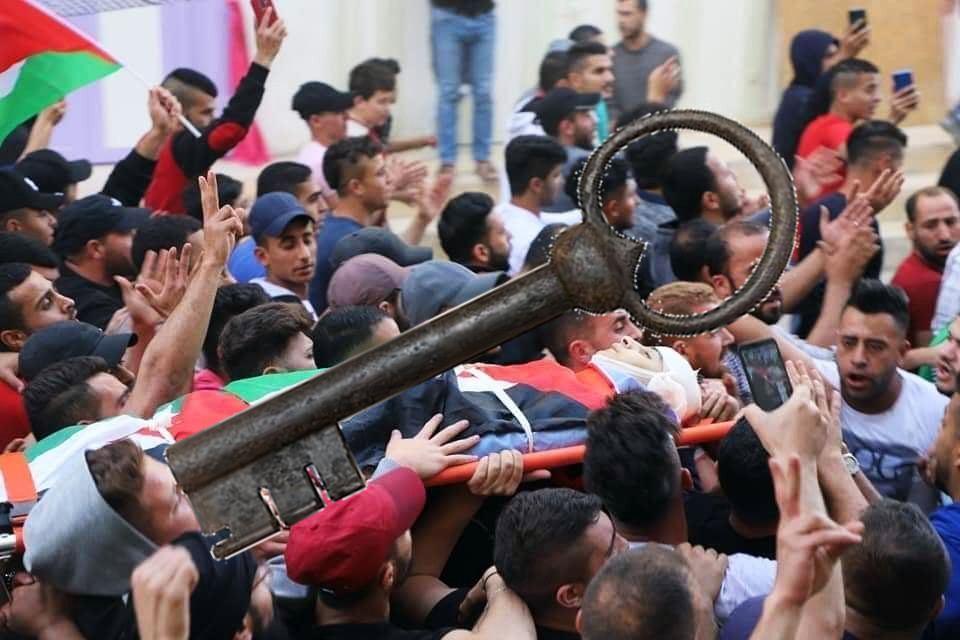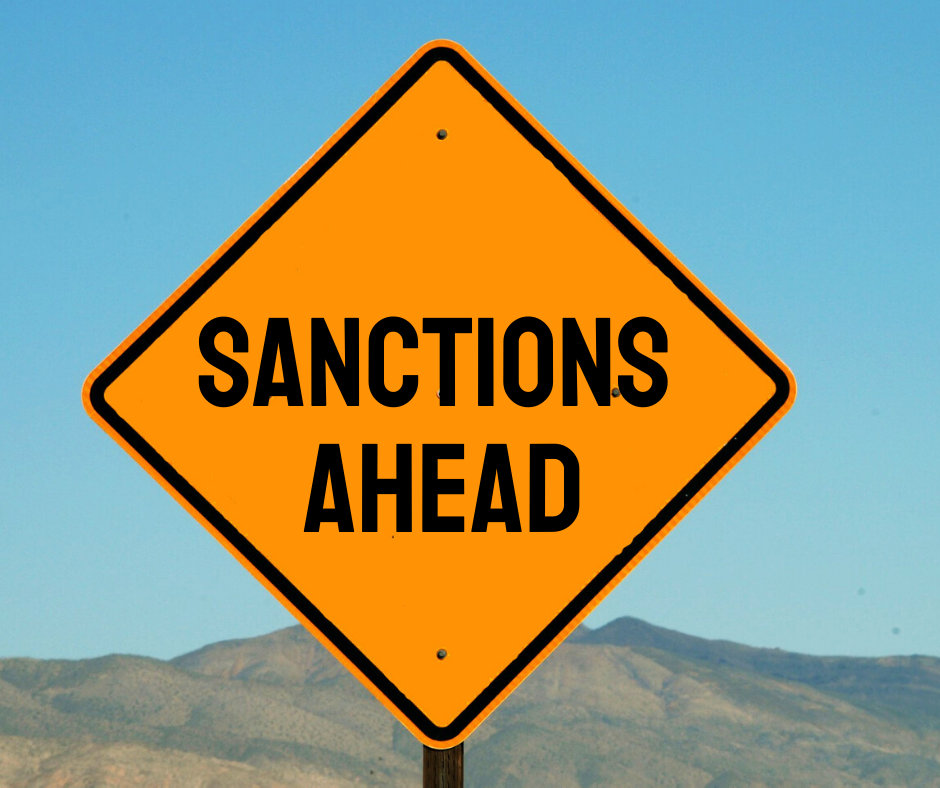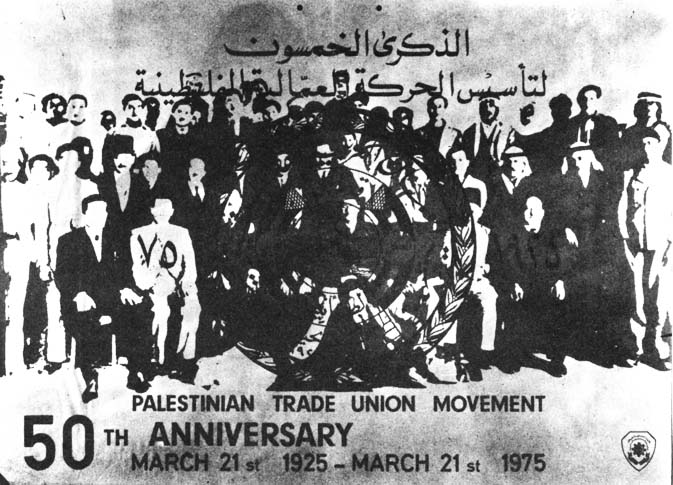“Hearing the sounds of fire and shooting at dawn, 15-year-old Zaid Qaysya hurried curiously to the rooftop of his family’s house in Al-Fawwar refugee camp, Hebron. It was heavily armed Israeli soldiers shooting at unarmed people protesting the Israeli military raid to the camp that disturbed Zaid’s sleep. While Zaid was watching the clashes between the soldiers and the protesters, an Israeli sniper from a distance of 400 meters was also observing Zaid and in premeditation and deliberateness he shot him dead in the head,” narrated Ismail Abu Hashhash, a defender of Palestinian refugees’ rights from Al-Fawwar refugee camp. Zaid was killed on May 13 by an Israeli sniper.
 Zaid is originally from Eraq Al-Manshiyya, a village located 32 kilometers northeast of Gaza City. Eraq Al-Manshiyya was depopulated from its Palestinian inhabitants in 1949 after many attempts from the Zionist gangs to ethnically cleanse the village during 1948. Stretching a piece of land of 20 thousand dunums with 20 water springs, Eraq Al-Manshiyya was home for over two thousand Palestinians before the Nakba. Its people used to depend on the cultivation of different kinds of crops and trees, mainly orange trees for their livelihood. Since their expulsion, the people of Eraq Al-Manshiyya have been languishing in shanty houses and makeshift homes in Al-Fawwar refugee camp and in other refugee camps in the east of Jordan. In the place of Eraq Al-Manshiyya, the city of Kiryat Gat was established; and currently, it is inhabited by over 54,973 settlers.
Zaid is originally from Eraq Al-Manshiyya, a village located 32 kilometers northeast of Gaza City. Eraq Al-Manshiyya was depopulated from its Palestinian inhabitants in 1949 after many attempts from the Zionist gangs to ethnically cleanse the village during 1948. Stretching a piece of land of 20 thousand dunums with 20 water springs, Eraq Al-Manshiyya was home for over two thousand Palestinians before the Nakba. Its people used to depend on the cultivation of different kinds of crops and trees, mainly orange trees for their livelihood. Since their expulsion, the people of Eraq Al-Manshiyya have been languishing in shanty houses and makeshift homes in Al-Fawwar refugee camp and in other refugee camps in the east of Jordan. In the place of Eraq Al-Manshiyya, the city of Kiryat Gat was established; and currently, it is inhabited by over 54,973 settlers.
Eraq Al-Manshiyya is one village among hundreds of other villages that fell prey to Israel’s naked ethnic cleansing that implemented the ideological vision of Zionism. Zionism had created the motto of “a land without a people for a people without a land”. Hence, Palestine needed to be forcibly transformed into a land ‘without a people’ in order for the colonial project of the State of Israel to come into being. Over 750,000 Palestinians from over 500 the destroyed communities, villages and cities have become refugees scattered throughout the West Bank, the Gaza Strip, the Arab world and beyond – the misfortune that has befallen two thirds of the Palestinian population and many more to follow as Israel continued its settler colonial project.
Nakba: The Ongoing Catastrophe
Abu Hashhash observed that “the murder of Zaid and the continuous brutality against Palestinians represent an ongoing Nakba that inhibit Palestinians from establishing their own independent state and enjoy their birthright of self-determination. A dream”, Abu Hashhash stated, “that was killed even before its budding stage, when Israel was created, while the majority of other colonized Arab and non-Arab countries achieved their independence after World War II.”
The forcible transfer of Palestinians and the emptying of their lands serving the expansionist goals of the Zionist settler-colonial project have been determinedly pursued by Israeli politicians up until now. A bellicose Israeli occupation and apartheid practices primarily aim to reduce the Palestinian presence to nil, to obliterate Palestinians as a people endowed with rights, and to make them aliens in their ancestral land.
After launching another war in 1967 to capture the remainder of Palestine [the West Bank including East Jerusalem and the Gaza Strip], Israel immediately started the construction of Jewish-only settlements in the occupied territories. Nowadays, there are over 217 settlements built on a privately owned Palestinian land and inhabited by over 800, 000 settlers in East Jerusalem and the rest of the West Bank. There are also over 160 illegal settler outposts scattered across the West Bank and the number is on the rise as more land is being annexed and more Palestinians are being expelled.
The murder of Zaid two days ago represents a reproduction of inequalities, injustices and atrocities done to Palestinians since Israel was created in 1948. Abu Hashhash also asserted that few days before the killing of Zaid, Israeli soldiers shot at a group of children from the camp causing a number of injuries. Targeting children and minors, Abu Hashhash argued, “is an attempt by the Israeli occupation to stifle any future resistance to the oppression they inflict on Palestinians as children are the seeds of Palestinians’ struggle for liberation because they grow aware of the illegitimate presence of the occupation on their land.” Abu Hashhash pointed out that “the escalated violent campaigns against Palestinian children have notoriously increased, as a proactive measure to curb any potential protests by Palestinians against the impeding annexation of land in different areas in the West Bank.”

Seventy two years passed and the Nakba culminates…
Abu Hashhash, who is himself a refugee from Eraq Al-Manshiyya, said that “the so-called deal of the century announced by Donald Trump is another step taken to ensure more success and achievements for the Zionist settler-colonial project. It is the same project that wiped Palestine out from the world map.” Abu Hashahsh added that, “through the deal of the century, Israel and its allies seek to liquidate the question of Palestine, mainly by denying the Palestinian refugees their right of return.” For Abu Hashhash, “refugees are the gist of the Palestinian cause and the loss of their right to return to the land, they were expelled from, menaces the whole structure of principles that our struggle since the creation of the Palestinian Liberation Organization was predicated upon. Denying the Palestinian refugees’ right to return de facto makes the Zionist narrative that distorts the facts of history triumph over our truth.”
Abu Hashhash explains that after Donald Trump took office “he has been attempting to obliterate the right of return of the seven million Palestinian refugees when he decided to cut aid to UNRWA,” the UN agency supporting Palestinian refugees. The cutting of American aid to UNRWA, which used to cover one third of its budget, has intensified the misery of millions of refugees whose livelihoods are hung by the string offered by the UNRWA, especially in the besieged Gaza Strip whose population constitutes 70% of refugees. In addition, Trump’s plan seeks to legalize the illegal Israeli settlements, continuing annexation of land and expulsion of Palestinians as well as the apartheid policies that treat Palestinians as the ‘undesirable presence’ on their own land. As part of real steps to implement the plan claiming phony peace, the Israeli coalition government has recently announced its intention to annex area ‘C’, namely, the Jordan Valley constituting 29% of the West Bank land. Such a decision has been coupled with accelerated and escalated campaigns of arrest, house demolition, torture, more checkpoints set in the Jordan Valley and violence.
What is infuriating for Palestinians is that the Trump plan disavows their enormous losses of land, the connection between past dispossession and present homelessness and the denial to recognize their basic human rights after seventy two years. Instead, the ‘deal of the century’ gives Israel the green light to continue acting as an apartheid state exclusively for the Jewish people instead of acting as a state of its actual citizens, including the two million Palestinians. They are instead treated as third-class citizens. While Jews from across the world are granted the right and state incentives to come and settle, the seven million Palestinian refugees who used to own the land on which Israel was created are denied the right to return. The fact that the UN resolution 194 already decades ago has underlined that as well for Palestinian refugees applies this inalienable right to return to one’s own country, does not change this reality.
At the basis of the ‘Deal of the Century’ lies the perception that Israel is a haven of civilization and democracy in a sea of Arab primitivism, savagery and degradation. The yardstick is not adherence to human rights and international law. Within this supremacist logic, what Israel does is inherently right, what Palestinians want is wrong. Such perception translates into the acceptance and legimitization of the ghettoization of Palestinians as an ‘inferior race’, either in Bantustans inside the West Bank, the Gaza Strip or in refugee camps outside Palestine. The Trump plan perpetuates a salient trait of imperialist and colonialist legacies based on partition, exclusion and separation along racial lines.
Unilaterally forged and approved, the Deal of the Century assumes Palestinians as a people of no real importance, wishes, dreams, national aspirations and rights, which are obliged to accept what the USA and Israel conceive as ‘peace’. Yet, Palestinians who are victimized through the reproduction of inequalities and injustices commenced in 1948 are and should be always obliged to only one thing – never to abandon their past history of expulsion, massacres and obliteration of their existence on their land. As Abu Hashhash put it, “my life in the overcrowded refugee camp lacking paved roads, proper water and electricity reminds me every day of my temporary presence in the camp as my only home is Eraq Al-Manshiyya that I will return to one day.” Today, we Palestinians recall the Nakba encumbered with horrific memories not in order to dwell on the past, but to know how and where to move forward.
In a world that has been reshaped based on nationalist notions and doctrines, many Palestinian refugees still bear ‘undetermined’ refugee status. The recent act held by the Lebanese government to ban ‘servants and Palestinian refugees’ abroad from entering Lebanon during the spread of the COVID-19 pandemic asserts the continuous exclusion of Palestinians from its national project. Palestinian refugees are not alone in this state of statelessness. Many refugees and migrants who were forced to leave their homes due to wars, exploitation, economic crises triggered by capitalist and neoliberal systems are being treated as ‘others’ at the borders with Europe, in the United States, among other places around the world. Some countries have further militarized and shut their borders in front of the ‘abject others’, systematically constructed through xenophobic and racist stereotypical images. In front of this global dynamic, building alliances and more solidarity movements across the globe is the key to empower ourselves to respond to the same language of exclusion, discrimination, apartheid and colonization.
Notes:
(1) A phone interview with Ismail Abu Hashhash, 14 May, 2020.
(2) A phone interview with Jamal Juma’, General Coordinator of the Palestinian grassroots Anti-Apartheid Campaign-Stop the Wall, 14 May, 2020.




